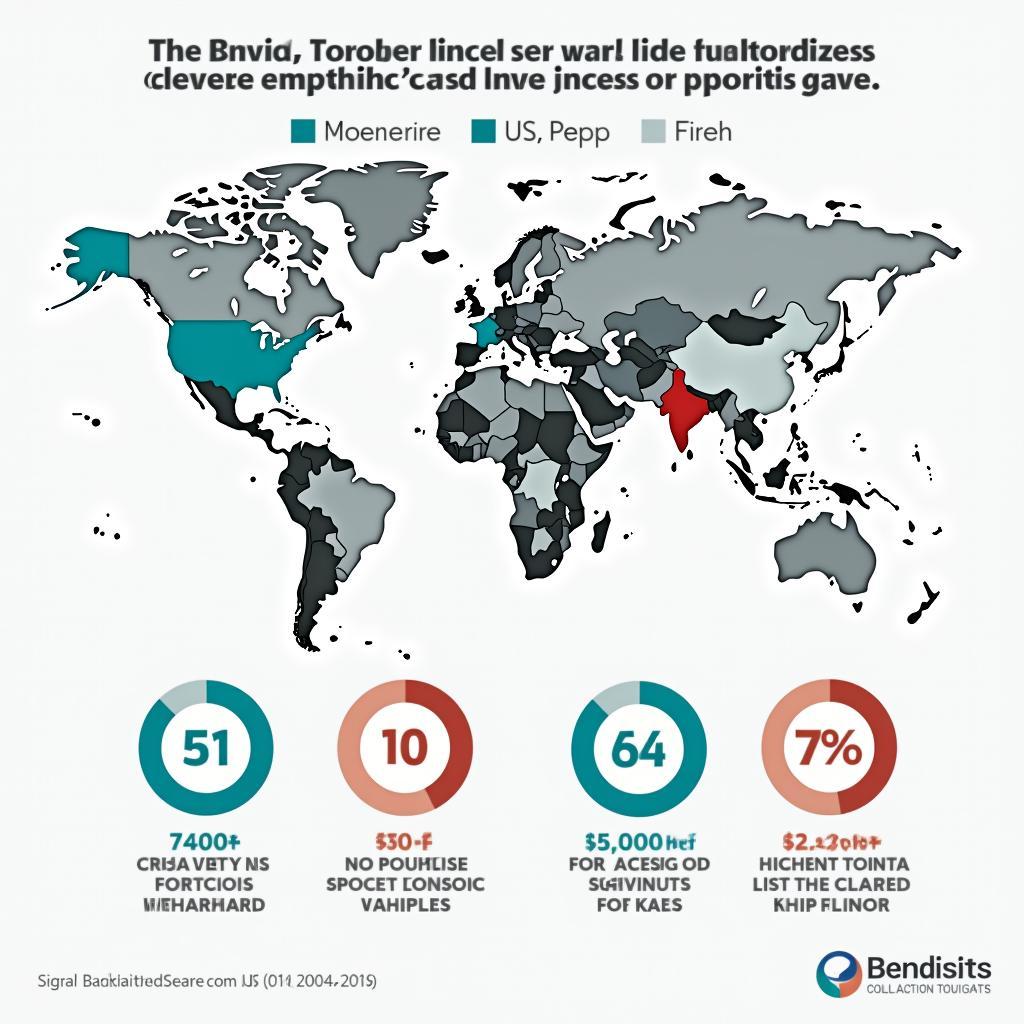Healthcare inequality has been a recurring theme in IELTS Writing Task 2, appearing in approximately 15% of recent tests. As discussions about why governments should promote free healthcare systems continue to evolve, this topic’s relevance in IELTS examinations remains significant.

Task Analysis
Some people believe that governments should provide universal healthcare to reduce global health inequalities. To what extent do you agree or disagree with this statement?
This question requires candidates to discuss Is universal healthcare the solution to global health disparities? and present their position on whether government-funded healthcare can address worldwide health disparities.
Band 9 Sample Essay
The debate over should healthcare be free for all citizens has gained significant traction globally. I strongly agree that government-provided universal healthcare is crucial in reducing health inequalities worldwide.
First and foremost, universal healthcare ensures equal access to medical services regardless of socioeconomic status. When governments implement comprehensive healthcare systems, citizens can receive necessary treatments without financial barriers. For instance, in countries like Sweden and Norway, where universal healthcare is well-established, health outcomes are consistently better across all population segments, demonstrating reduced health disparities.
Moreover, government-funded healthcare systems can implement preventive care programs more effectively. These initiatives significantly reduce the burden of chronic diseases among disadvantaged populations, who traditionally have limited access to preventive services. For example, regular health screenings and vaccinations become accessible to all citizens, preventing costly medical complications later.
However, implementing universal healthcare requires substantial financial resources and efficient management. Governments must carefully balance healthcare spending with other public services while maintaining quality standards. Countries like Canada have demonstrated that through proper taxation and resource allocation, sustainable universal healthcare systems are achievable.
In conclusion, universal healthcare plays a vital role in addressing global health inequalities. While challenges exist, the benefits of government-provided healthcare in creating a more equitable society far outweigh the implementation difficulties.
Band 7 Sample Essay
The issue of Free vs. paid healthcare is widely debated. I agree that government-provided universal healthcare can help reduce health inequalities globally, though there are some challenges to consider.
Universal healthcare provides essential medical services to all citizens, regardless of their financial situation. When people don’t have to worry about medical costs, they are more likely to seek treatment early. For example, many European countries with universal healthcare systems show better overall health outcomes compared to nations without such systems.
Government-funded healthcare also helps prevent serious health issues through regular check-ups and preventive care. This is particularly important for low-income families who might otherwise skip routine medical visits. The implementation of universal healthcare in several Asian countries has led to improved public health indicators.
However, providing universal healthcare requires significant government spending. Some countries might struggle to fund such programs effectively. Additionally, healthcare systems can become overwhelmed, leading to longer waiting times for non-emergency procedures.
In conclusion, despite certain challenges, universal healthcare is an important tool for reducing health inequalities. Governments should work towards implementing sustainable healthcare systems that serve all citizens effectively.
Band 6 Sample Essay
I think government universal healthcare is good for reducing health inequalities in the world. Many people cannot afford medical treatment, so free healthcare helps them.
In many countries, poor people cannot go to hospital because it is too expensive. When government gives free healthcare, everyone can see doctor when they are sick. This makes society more fair and healthy.
Also, when healthcare is free, people can do regular check-ups. This helps find health problems early. For example, in my country, some people get very sick because they cannot afford to see doctor early.
But there are some problems too. Governments need lots of money for free healthcare. Sometimes hospitals are very crowded and people must wait long time. Quality of service might not be very good.
In conclusion, I think universal healthcare is good idea even though it has some problems. It helps make healthcare fair for everyone.
Key Vocabulary
- Universal healthcare (n) /ˌjuːnɪˈvɜːsl ˈhelθkeə/ – Healthcare available to all citizens
- Disparities (n) /dɪˈspærəti/ – Differences, especially unfair ones
- Socioeconomic (adj) /ˌsəʊʃioʊˌiːkəˈnɒmɪk/ – Related to social and economic factors
- Preventive care (n) /prɪˈventɪv keə/ – Healthcare focused on preventing illness
- Implementation (n) /ˌɪmplɪmenˈteɪʃn/ – The process of putting a plan into action
- Sustainable (adj) /səˈsteɪnəbl/ – Able to be maintained long-term
- Equitable (adj) /ˈekwɪtəbl/ – Fair and impartial
For practice, try writing your own essay on this topic and share it in the comments. Consider exploring related topics like healthcare privatization or the role of technology in reducing health inequalities.